As you seek to enhance your wellness journey, the allure of natural remedies grows stronger. Herbs for health emerge as powerful allies, marrying culinary delight with medicinal prowess. In embracing herb gardening and exploring herb recipes, one discovers not only the joy of cooking with culinary herbs but the profound health impacts these plants offer. Their nutritional richness, devoid of harmful additives, beckons a return to herbal medicine’s roots for holistic wellbeing.
Key Takeaways:
- Herbs bridge culinary and medicinal worlds, offering flavorful and healthful additions to our diets.
- Natural remedies found in herb gardens serve both preventive and curative roles.
- From herb nutrition to herb uses, integrating these plants into meals can transform well-being.
The History of Herbal Medicine
Humans have turned to the earth’s bounty for ages, seeking remedies and flavors from herbal gardens. Ancient civilizations such as the Egyptians, Chinese, and Greeks documented their herbal medicine practices elaborately, marking the foundation of natural remedies and culinary arts. These cultures celebrated herbs for their therapeutic and culinary prowess, intertwining them into the fabric of daily life.
Understanding the Nutritional Composition of Herbs
Herbs like rosemary and basil are stocked with antioxidants. These components combat free radicals, aiding in the prevention of chronic diseases. Opting for fresh versions of these culinary treasures ensures you ingest higher levels of these beneficial compounds. Thus, integrating these natural remedies into your meals not only enhances flavors but also fortifies your body’s defenses.
10 Herbs For Health (Must-Have!)
In your quest for a health-conscious kitchen, a collection of culinary herbs becomes indispensable. These natural remedies not only elevate meals but also carry a range of benefits from bolstering your immune system to enhancing your culinary creations.
Each herb in our carefully curated list offers its own unique contribution towards health, cooking, and herbal medicine, making them must-haves for every aspiring herbal gardener and chef.
1. Rosemary
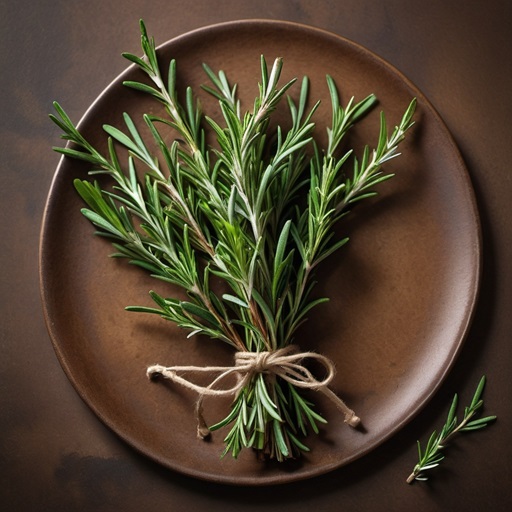
Rosemary has emerged as a powerhouse among culinary herbs, brimming with antioxidant properties that have sparked the interest of those passionate about natural remedies and herb gardening.
These compounds are believed to have a profound impact on enhancing memory function, aiding digestion, and improving blood circulation. By including rosemary in your diet, you’re not just elevating your culinary creations but also investing in your long-term health benefits. (1)
Read more:
2. Basil
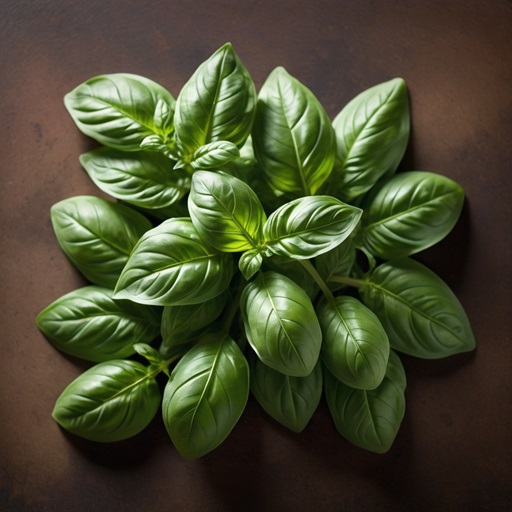
You’ll find that basil stands out not only for its culinary versatility but also for its remarkable health benefits. It has been leveraged for its anti-inflammatory and antibacterial properties, making it a powerhouse in your herbal medicine cabinet. (2)
Basil’s uses extend beyond the plate; it has proven effective in combating stress and enhancing cardiovascular health. As you embrace herb gardening or explore herb recipes, incorporating basil may yield significant nutritional and therapeutic rewards.
3. Thyme
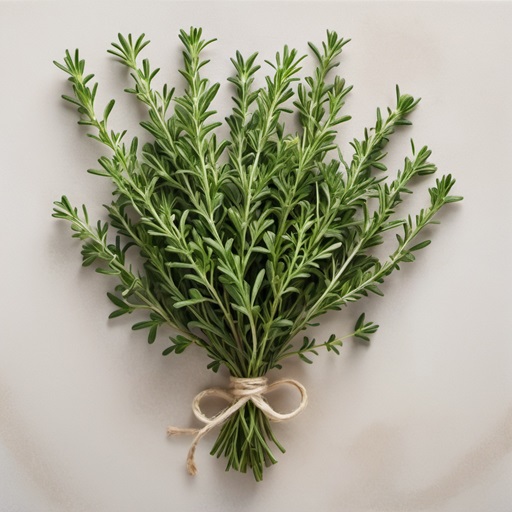
Thyme has been recognized for centuries for its healing properties. This herb doesn’t just add flavor to dishes; it carries antifungal benefits, making it a powerful ally against infections. Users have found relief in its ability to ease respiratory conditions, thanks to its natural compounds.
Moreover, incorporating thyme into your regimen could lift your spirits, thanks to its mood-enhancing effects. Its versatility in both culinary and medicinal uses makes thyme a must-have herb for health enthusiasts.
4. Oregano
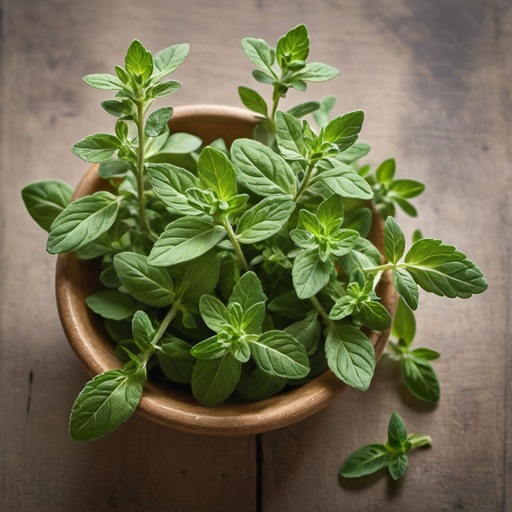
Oregano boasts potent antioxidants that have caught the attention of health enthusiasts. These compounds have fought bacteria effectively in numerous studies, signaling a breakthrough in herbal medicine. Moreover, its benefits for gut health have been recognized, offering a natural remedy for those seeking to enhance their digestive system’s function. (3)
5. Parsley
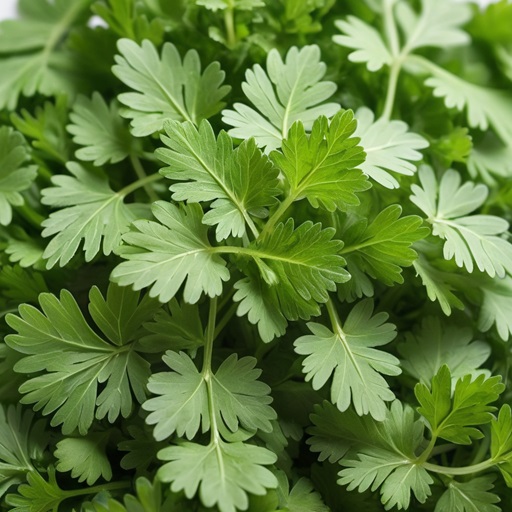
Parsley, often underestimated, will be your ally in bolstering health. It’s loaded with vitamins crucial for your well-being. With its rich vitamin content, parsley supports kidney health efficiently and boosts immune function. This herb, a powerhouse of nutrients, should find its way into your kitchen for both its health benefits and culinary versatility.
6. Sage

Sage has long been revered for its cognitive benefits and the notable impact it can have on lowering blood sugar levels. Traditional practices have often turned to this herb as a remedy for enhancing memory. With its rich array of antioxidants, sage supports brain health and can mitigate cognitive decline. (4)
It’s this blend of nutritional and medicinal properties that makes sage a staple in both herb gardening and natural remedies. Its versatile uses in herb recipes additionally showcase sage’s culinary appeal, making it an essential component of a health-conscious kitchen.
7. Cilantro (Coriander)
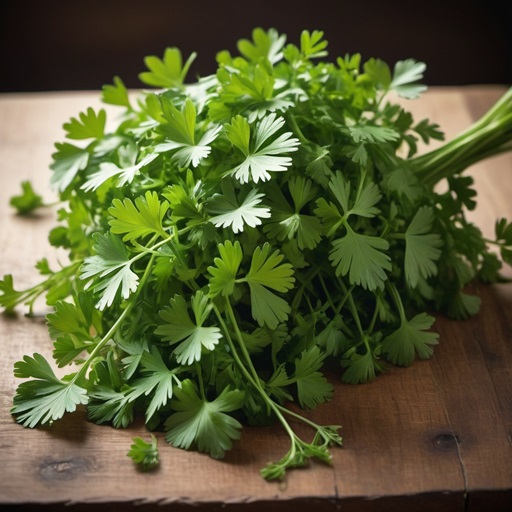
Cilantro, often known as coriander, boasts a remarkable capability for cleansing the body of heavy metals. This herb has played a critical role in natural remedies, especially in herb gardening and herbal medicine.
Its provisions extend beyond, aiding in digestion and offering relief from anxiety. With its versatility, cilantro has gained acclaim in both culinary herbs applications and as a potent component in natural remedies for health.
8. Chives
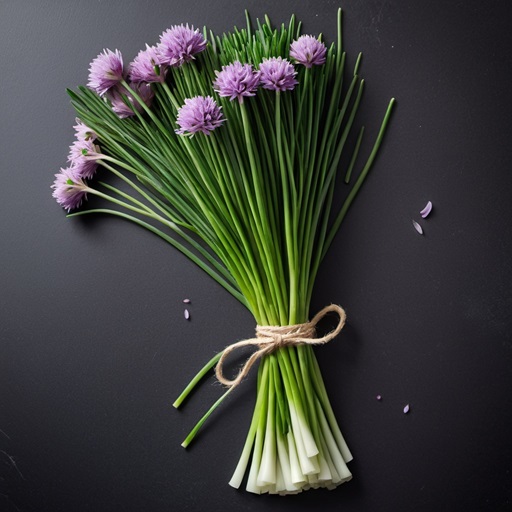
Chives, those slender green herbs, offer more than a delicate flavor to your dishes. A rich source of vitamins A and C, they stand out in any culinary herb garden. These nutrients have shown promise in supporting bone health and possibly warding off cancer. (5)
By incorporating chives into your diet, you take a step towards harnessing nature’s bounty for your wellness. Consider them as not just a garnish but a gateway to better health.
9. Dill
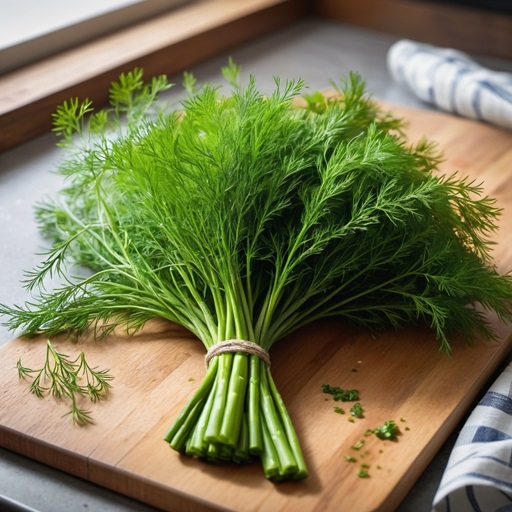
Dill has long been cherished for its ability to enhance digestion. This culinary herb, steeped in history, offers antimicrobial benefits that have protected health for centuries. Not just a flavor enhancer, dill also aids in stabilizing blood sugar levels. By integrating it into your meals, you invite a blend of health and flavor into your kitchen, proving that nourishment and taste can go hand in hand.
10. Mint
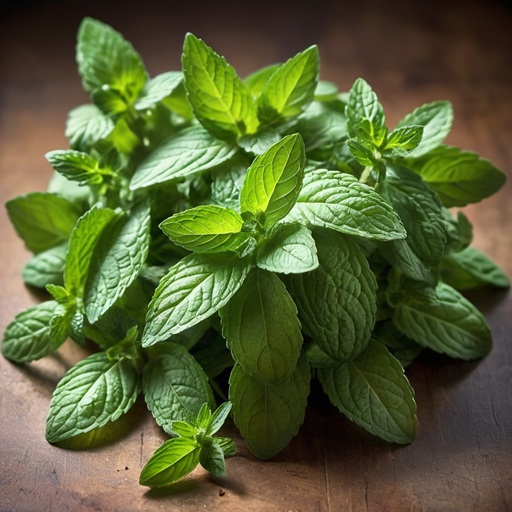
Mint has long been embraced for its powerful aid in gastrointestinal health. You might have turned to this herb for soothing an upset stomach or combating indigestion. Beyond these common uses, mint plays a critical role in alleviating symptoms of irritable bowel syndrome, making it a must-have in the natural remedies toolkit.
Each leaf carries with it a refreshing flavor, often breathing life into culinary creations while doubling as a potent medicinal herb. With its unique benefits, incorporating mint into your diet or herbal medicine collection could support your wellness journey, offering both a tasty and therapeutic experience.
Pros and Cons of Herbal Supplements
Pros of Herbal Supplements:
- Natural Ingredients: Herbal supplements are often derived from plants, making them a natural option for those seeking alternative remedies.
- Fewer Side Effects: Compared to some pharmaceutical medications, herbal supplements may have fewer side effects for some individuals.
- Holistic Approach: Herbal supplements often target overall wellness rather than just alleviating specific symptoms, promoting holistic health.
Cons of Herbal Supplements:
- Lack of Regulation: Herbal supplements are not regulated as rigorously as pharmaceutical drugs by government agencies like the FDA, leading to potential variability in quality and safety.
- Interaction with Medications: Some herbal supplements may interact with prescription medications, causing adverse effects or reducing the effectiveness of the medication.
- Allergic Reactions: Just like any other substance, herbal supplements can trigger allergic reactions in some individuals, ranging from mild to severe.
Storing Fresh Herbs
Keeping your culinary herbs fresh requires certain strategies. You will optimize their longevity by wrapping them in a slightly damp paper towel and sealing them inside a plastic bag in the refrigerator.
This method ensures the delicate leaves stay hydrated without becoming soggy. For herbs like rosemary or thyme, consider bundling their stems with a rubber band and hanging them upside down in a cool, dry place. They will dry naturally, preserving their flavors for your future herb gardening and recipes.
These approaches not only safeguard the nutritional value and taste but also extend the culinary utility of your herb collection.
Herbal Remedies for Common Ailments
Herbs have long stood at the crossroads between culinary arts and herbal medicine, marrying flavor with therapeutic benefits.
Rosemary, celebrated for its memory-boosting potential, might also alleviate muscle pain and enhance the immune and circulatory systems.
Chamomile tea, often consumed for its calming effects, can soothe upset stomachs and promote relaxation before sleep.
While these natural remedies have rooted themselves in traditional and modern practices, it’s imperative to seek professional advice before incorporating them into health regimens. This consultation ensures compatibility with existing medications and appropriateness for personal health conditions.
Conclusion
In this exploration, we delved into the dual treasures of culinary and medicinal spheres presented by herbs. The journey has highlighted herbs as pivotal elements for health, promising not just natural remedies but also enriching our plates with delightful flavors.
Embrace the inclusion of rosemary, basil, thyme, and other must-have herbs, for they stand as guardians of well-being and gustatory pleasure. Let their versatility inspire a more herb-enriched lifestyle, balancing both nourishment and taste.


